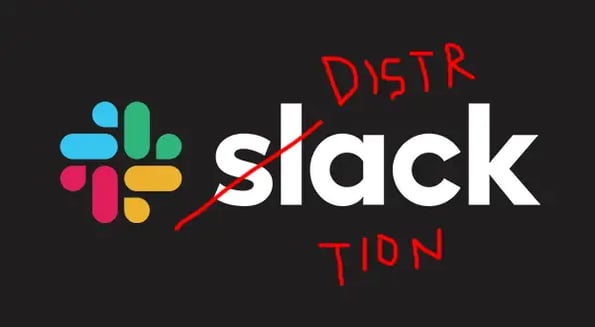Slack — the productivity tool expected to increase efficiency by 25% — sometimes causes productivity to decrease, reports Vox.

Slack communication tools encourage office meme-lords to send as many as 1,000 messages a day, raising the question of whether Slack is as productive as it claims to be.
The attack on Slack
Vox’s piece argues the utility of Slack reaches a point of diminishing returns when people start over-communicating.
Many companies have more Slack channels than employees, which causes an information overflow. Employees at large companies send 200 Slack messages per week on average and still use email — which, some people argue, Slack should have replaced.
According to the report, employees are actually slightly more productive during Slack outages.
Is it the people or the product?
Like most new technologies, Slack ushered in some unintended consequences.
New tech sometimes worsens problems it hoped to solve: Rideshare businesses pledged to reduce traffic but put more cars on the road, and social media companies hoped to connect people but left them feeling more alone.
Slack, on the other hand, succeeded, It made communication easier — it just did so for things that matter and things that don’t.
If people aren’t getting things done, don’t blame Slack — blame the slackers.

